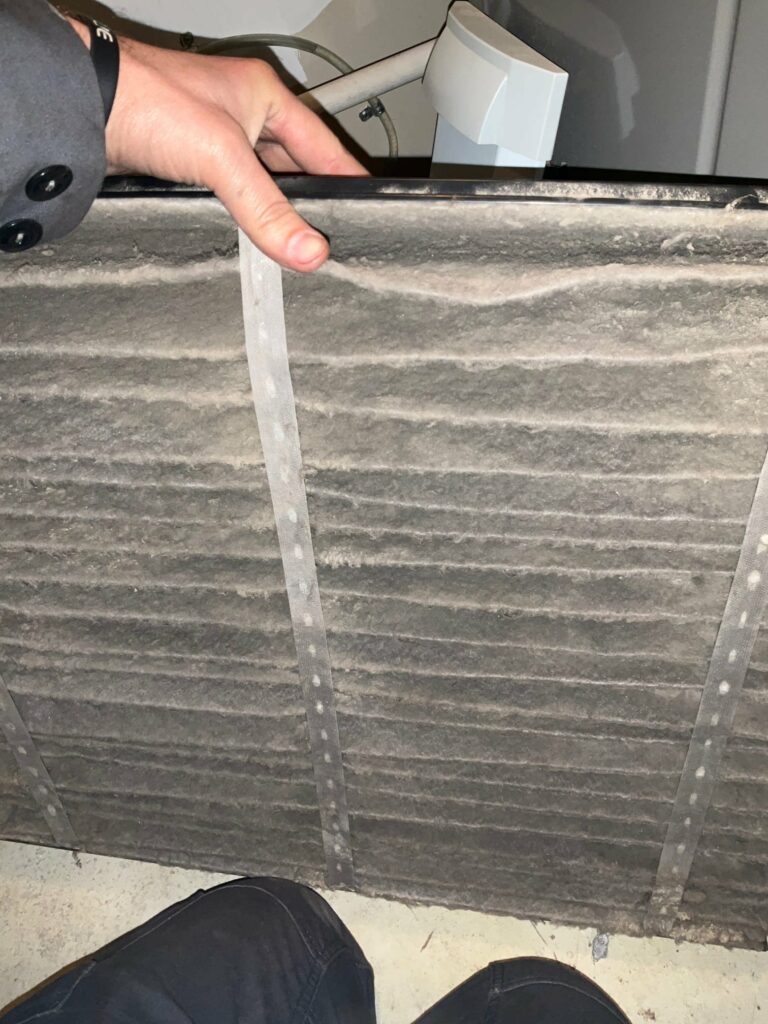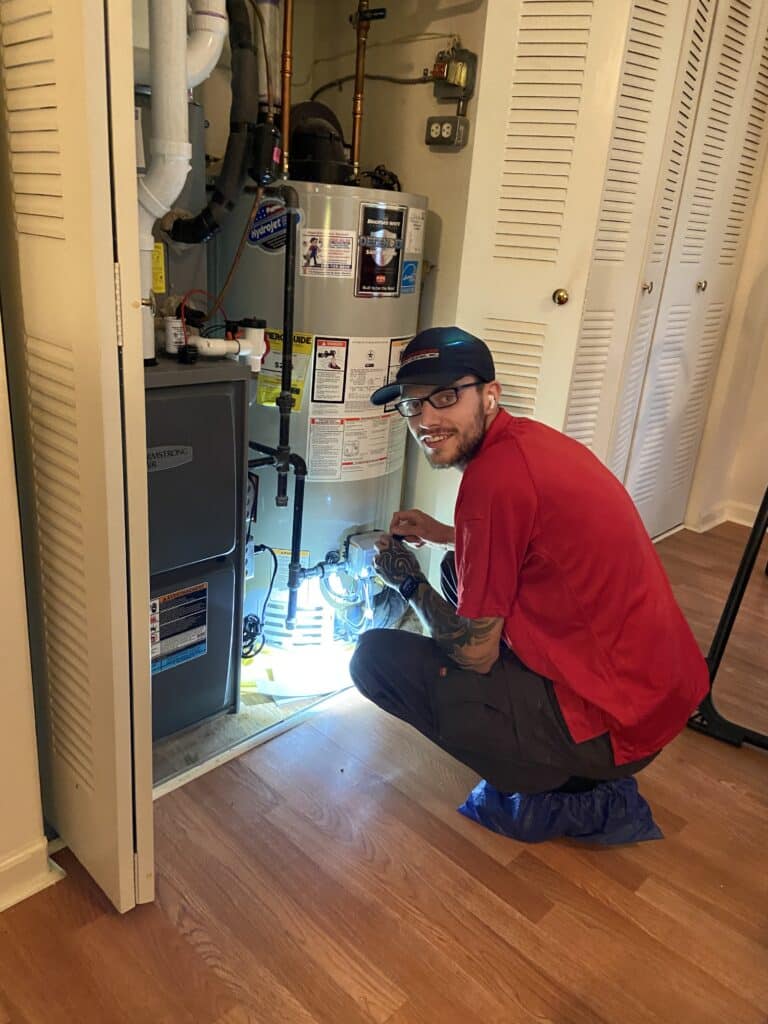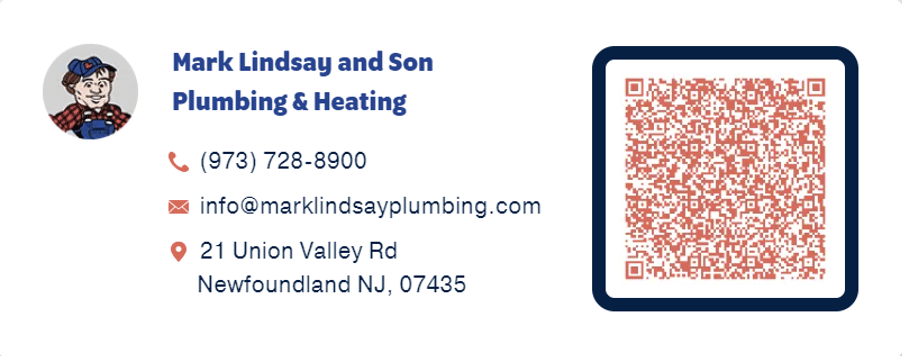September is National Preparedness Month—Let’s Get Ready!
September is National Preparedness Month—Let’s Get Ready!
“Be prepared!” You might remember this motto from your scouting days, but it’s a good philosophy for everyone. With September being National Preparedness Month, now’s the perfect time to ensure your home is ready for the colder weather ahead. Taking some time now to prepare your West Milford HVAC and plumbing systems can prevent costly and inconvenient emergencies during the holiday season.
Preparing Your HVAC System

1) Regular Maintenance:
Regular air conditioning and heating maintenance is essential for staying ahead of cold weather. Routine maintenance allows us to spot and fix any potential problems with your heating and cooling systems. Keeping up with maintenance not only saves money on unexpected repairs but also helps maintain your system’s warranty.
2) Change Your Filters:
Changing your HVAC filters every three months ensures your system runs efficiently and keeps your indoor air clean. Clogged filters force your system to work harder, which can lead to higher energy bills and reduced comfort.
3) Clean Your Vents:
Dirty vents can lead to poor indoor air quality and reduced heating efficiency. Dust, dirt, pet hair, and allergens can build up in your air ducts, aggravating allergies and possibly leading to respiratory issues.
4) Clean Your Outdoor AC Unit:
Keeping your outdoor unit clean is an important part of AC maintenance. Clear away any debris, like leaves or branches, from your outdoor air conditioning unit. This helps prevent moisture buildup, which can cause corrosion. Some people choose to cover their unit, but if you do, make sure to monitor for any moisture buildup underneath.
5) Check for Unusual Noises:
When you turn your system on, listen for any unusual noises. If something doesn’t sound right, give us a call for a service check to address the issue before it becomes a bigger problem.
6) Prep Your Humidifier:
A well-maintained humidifier can make your home more comfortable during the dry winter months. Change the water panel at least twice during the season, clean the reservoir to remove sediment, and check for leaks in the drain line.
7) Prep Your Furnace Area
To ensure your furnace operates safely and efficiently, it’s important to clear the area around the unit. Make sure there’s a clear path to the furnace, and remove any items, especially anything flammable, that might be obstructing airflow. While we handle all the intricate details during your furnace maintenance appointment, taking a few minutes to clear the area around the unit is a simple but important task you can do as a homeowner. And remember, if you need maintenance or have any concerns, give us a call—we’re here to help!
8) Reprogram Your Thermostat:
For maximum efficiency, set your thermostat to 68°F during the day and lower it by 10-15°F if you’ll be away for an extended period. This can save you up to 10% on energy costs.
Winterizing Your Plumbing

1) Shut Off Outdoor Faucets:
Shut off the water supply to your outdoor faucets, then open them to drain any remaining water. This helps prevent frozen pipes and potential bursts.
2) Install Frost-Free Faucets:
Consider installing frost-free faucets to protect your outdoor water lines from freezing—we offer these faucets for purchase to make it easy for you.
3) Use Hose Bib Covers:
These insulated covers are an inexpensive way to protect outdoor faucets from freezing.
4) Get a Wi-Fi Thermostat:
A Wi-Fi thermostat can alert you to temperature drops in your home, helping you prevent frozen pipes even when you’re away.
5) Insulate Vulnerable Pipes:
Pipes in unheated areas like crawl spaces or garages should be insulated and possibly paired with heat cables for extra protection.
6) Keep Temperatures Constant During Cold Snaps:
Maintain a consistent temperature in your home during cold snaps to prevent frozen pipes.
7) Open Kitchen Cabinets During Cold Snaps:
Let warm air circulate around your kitchen pipes by keeping the cabinet doors open during especially cold weather.
8) Let Faucets Drip During a Cold Snap:
A slow drip from your faucets can help relieve pressure in the pipes, preventing them from freezing and bursting.
Check Your Smoke and Carbon Monoxide Detectors
Test your smoke and carbon monoxide detectors monthly. Change the batteries every six months, and replace smoke detectors every 10 years and carbon monoxide detectors every 7 years, or according to the manufacturer’s guidelines.
Talk to Your HVAC and Plumbing Contractor
These are general tips, but every home is different. Contact us to discuss the best winter preparation steps for your specific situation.
Call Our Team Today!
Get your home ready for winter by calling Mark Lindsay & Son! Save time by adding our contact information to your devices, so you can reach us quickly in case of an emergency. We’re here when you need us to keep your home safe and comfortable all winter long!

